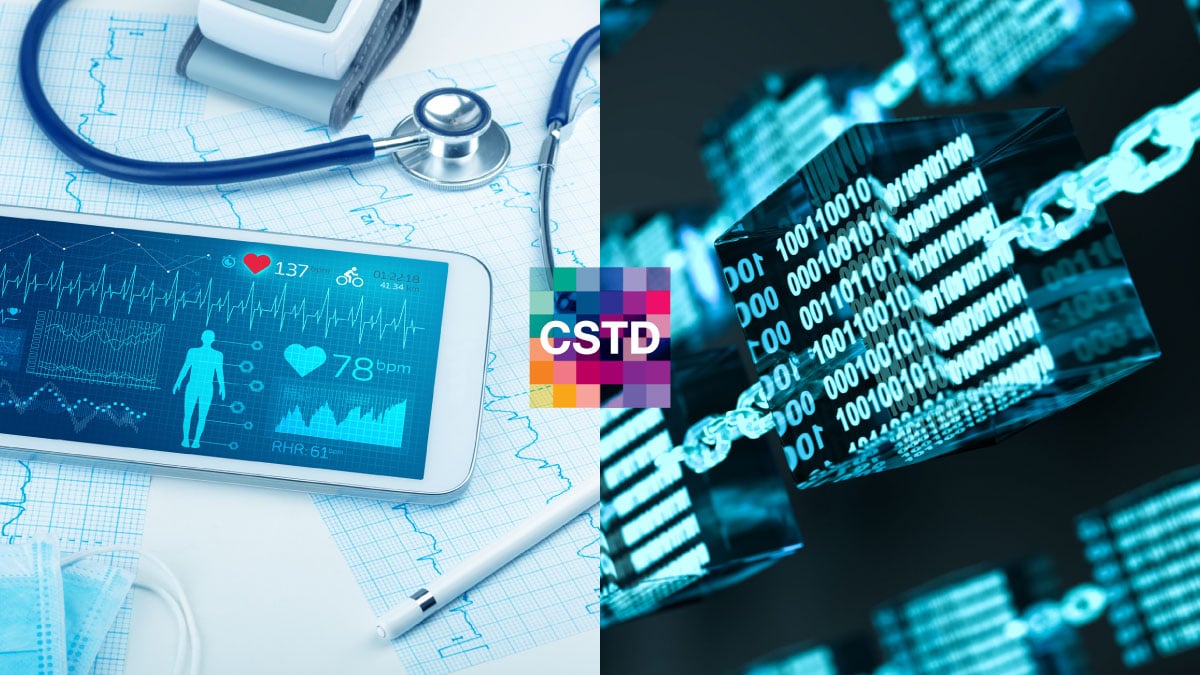
ONLINE SIDE EVENT ABOUT THE HEALTH SECTOR USING SCIENCE, TECHNOLOGY AND INNOVATION
Opportunities for global health
The Commission on Science and Technology for Development (CSTD) is a subsidiary body of the Economic and Social Council (ECOSOC) and the United Nations focal point for science, technology and innovation (STI) for development, in analyzing how STI, including information and communications technologies (ICTs), serve as enablers of the 2030 Agenda.
This online side event on 18 May, in relation to the CSTD, was organised by Fiocruz and G-STIC.
The Secretary-General's report on "Using science, technology, and innovation to close the gap on Sustainable Development Goal 3, good health and well-being" focuses on three areas: primary health care, poverty-related diseases, and infectious disease outbreaks.
The report also includes scientific and technical innovations, well-established low-technology solutions, and organizational and social innovations applied to health care. It also calls the attention that new technological developments also raise critical concerns about privacy, security, the accuracy of artificial intelligence in health care, and the digital divide.
The Secretary-General Report's critical areas of policy consideration include investments in research, human capital and infrastructure, support for research and development commercialization, and a whole-of-government and multisectoral approach. The priority areas for consideration include supporting national innovation ecosystems, improving the accessibility of health innovations, and building and strengthening multilateral and multi-stakeholder platforms for cooperation, knowledge sharing, and standards-setting.
The objective of this panel is to contextualize the main areas of the report in the existing mechanisms, efforts and pandemic’s lessons learn on the implementation of the Agenda 2030 and its health-related SDGs.
Programme and speakers
- Angel Gonzalez, UNCTAD
- Flavia Elias, Fiocruz
- Paulo Gadelha, Fiocruz
- Kris Ebi, University of Washington
- Steven Hoffman, CIHR Institute of Population and Public Health (CIHR-IPPH)
- Ines Hassan, International Science Council (ICS)
- Shantanu Mukherjee, UN DESA
- Clovis Freire, UNCTAD
- Dietrich Van der Weken, G-STIC
